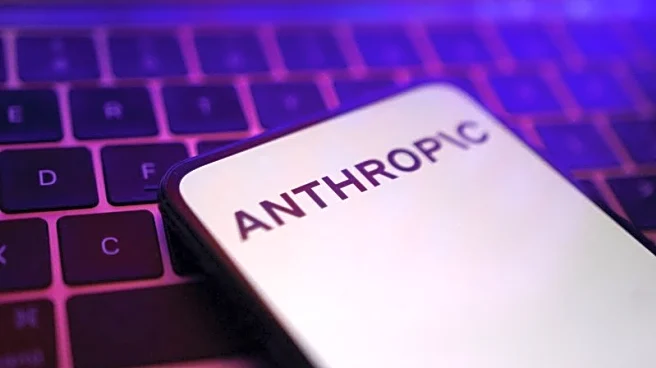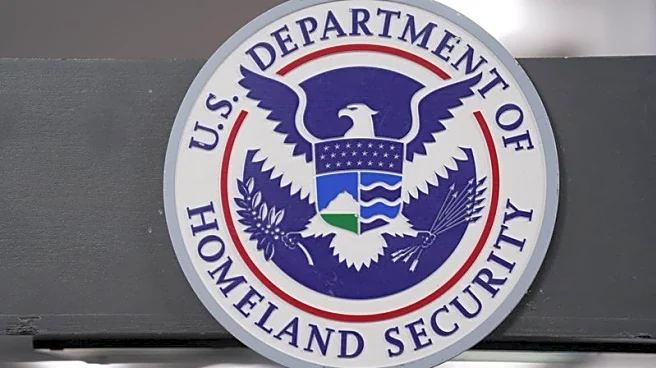What's Happening?
The U.S. has announced financial support for the HIV prevention drug lenacapavir, which is considered a 'breakthrough' in combating the epidemic. The Department of State aims to reach up to 2 million people by 2028, focusing on preventing mother-to-child transmission. The drug, developed by Gilead Science, has shown promising results in clinical trials, providing almost complete protection against HIV. The U.S. partnership with the Global Fund and Gilead Science will ensure the drug's availability in select low- and middle-income countries, although specific countries have not been disclosed.
Why It's Important?
The U.S. support for lenacapavir is a significant step in addressing the global HIV epidemic, potentially saving hundreds of thousands of lives. The drug offers a new prevention method, complementing existing treatments and helping to reduce new infections. This initiative reflects a strategic shift in U.S. foreign aid, focusing on impactful health interventions. The partnership with the Global Fund and Gilead Science highlights the importance of collaboration in global health efforts. However, the exclusion of NGOs from the rollout may limit the drug's reach, as these organizations often manage local health programs.
What's Next?
The rollout of lenacapavir will require approval from African countries, with expectations for availability by the end of the year or early next year. The U.S. will work with countries to develop strategies for distribution, focusing on high-need areas. The initiative may influence future U.S. global health policies, emphasizing direct partnerships with national health systems. The introduction of a cheaper generic version by 2027 could further expand access. Stakeholders will need to address logistical challenges and ensure effective implementation to maximize the drug's impact.











